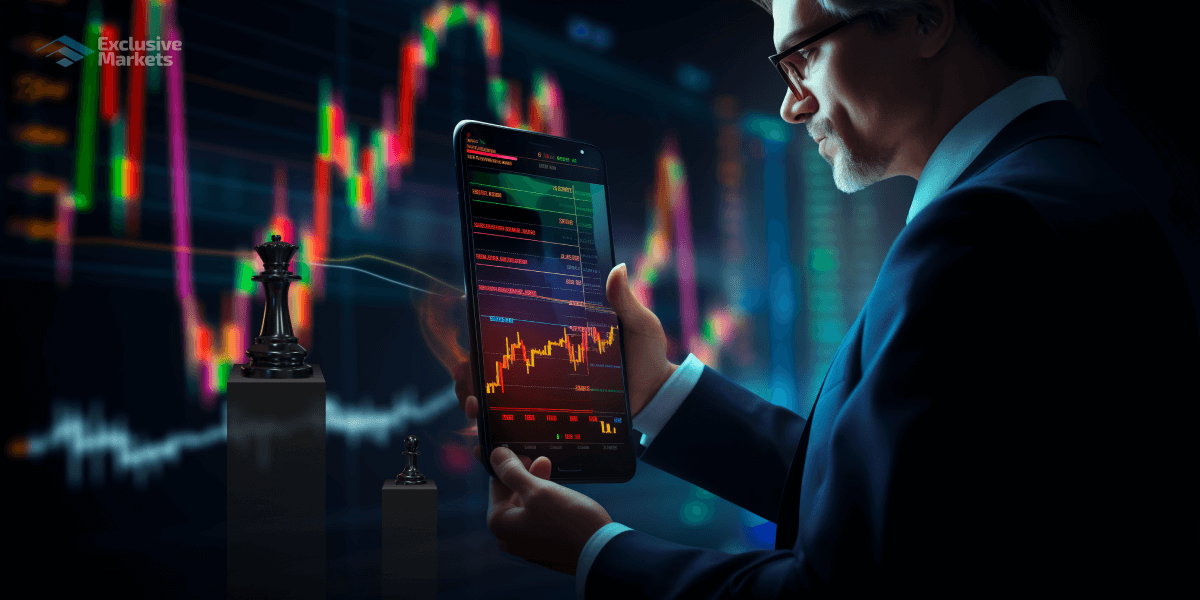
Forex Trading for Beginners: Getting Started in the Forex Market
Forex trading is an exciting avenue for individuals looking to invest and potentially earn significant returns. As a beginner, navigating this field can seem daunting, but with the right knowledge and tools, you can find your footing quickly. This guide breaks down the essentials of forex trading, making it approachable for newcomers. One key to success is finding a reliable broker—check out forex trading for beginners Best Indonesian Brokers for some great options to start your trading journey.
Understanding Forex Trading
Forex, short for foreign exchange, is the largest financial market in the world, trading over $6 trillion daily. Unlike traditional stock trading, forex involves exchanging one currency for another at a predetermined rate. The primary objective is to profit from the fluctuations in currency values.
How Forex Trading Works
Forex trading always occurs in pairs, e.g., EUR/USD (Euro/US Dollar), where the first currency is the base currency and the second is the quote currency. Traders buy or sell the base currency against the quote currency. If you believe the Euro will strengthen against the Dollar, you would buy EUR/USD. If you anticipate it will weaken, you would sell.
The Basics of Currency Pairs
Currency pairs are classified into three main categories: major, minor, and exotic pairs. Major pairs include the most traded currencies, such as USD, EUR, and JPY. Minor pairs are less frequently traded currencies and usually exclude the USD. Exotic pairs involve a major currency paired with a currency from a developing economy, offering high volatility but also increased risk.
Getting Started with Forex Trading
To start your forex trading journey, you’ll need to follow a few steps that ensure you’re well-prepared for the market.
1. Education
Before diving into trading, it’s crucial to educate yourself about the market dynamics. Online resources, webinars, and trading courses can help you build a solid foundation. Learning about trading strategies, economic indicators, and price action is essential.
2. Choosing a Broker
Selecting a reputable broker is a vital step in your trading journey. Look for brokers with good reviews, regulatory compliance, and a user-friendly trading platform. Make sure they offer the currency pairs you intend to trade and have low transaction fees.
3. Opening a Trading Account
Once you’ve chosen a broker, you’ll need to open a trading account. Brokers typically offer various types of accounts, including demo accounts for practice and live accounts for real trading. Most importantly, use a demo account to familiarize yourself with the trading platform without financial risk.
Developing a Trading Strategy

Successful forex trading requires a well-thought-out trading strategy. Here are some key elements to consider:
1. Technical Analysis
This involves studying past price movements and using various tools like charts and indicators to predict future movements. Common indicators include moving averages, Relative Strength Index (RSI), and Bollinger Bands.
2. Fundamental Analysis
Understanding economic indicators, such as interest rates, unemployment rates, and geopolitical events, can help predict currency movements. Economic calendars inform traders about upcoming economic releases and their potential impact on currency pairs.
3. Risk Management
Effective risk management is crucial for long-term trading success. This includes setting stop-loss orders, using proper position sizing, and never risking more than you can afford to lose on a single trade.
Trading Psychology
The psychological aspect of trading can influence your decision-making. Emotions like fear and greed can be detrimental to your trading success. Developing discipline and sticking to your trading plan is essential. Consider these tips:
1. Keep Emotions in Check
Avoid making impulsive decisions based on emotions. Try to remain calm and rational during both winning and losing trades.
2. Set Realistic Expectations
Understanding that losses are part of trading can help maintain a healthy mindset. Set achievable goals for your trading performance.
3. Continuous Learning
The forex market is ever-evolving, and staying informed about new strategies and market developments is vital. Regularly review your trades and learn from your mistakes.
Conclusion
Starting your journey in forex trading can be both exciting and challenging. By building a solid foundation through education, selecting a reliable broker, and developing a coherent trading strategy, you can increase your chances of success. Remember to manage your risks effectively and maintain a disciplined mindset to navigate this volatile market. With dedication and continuous learning, you can become a successful forex trader.